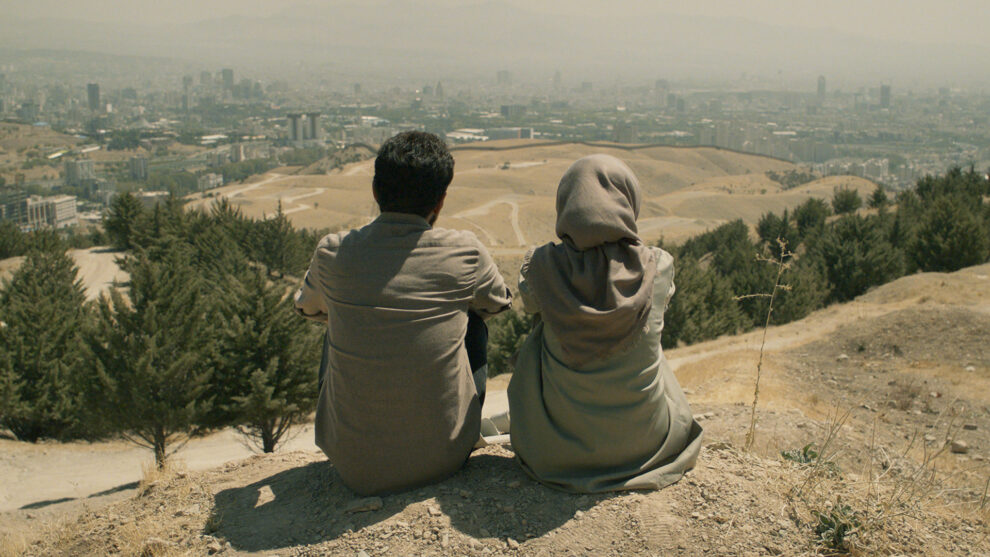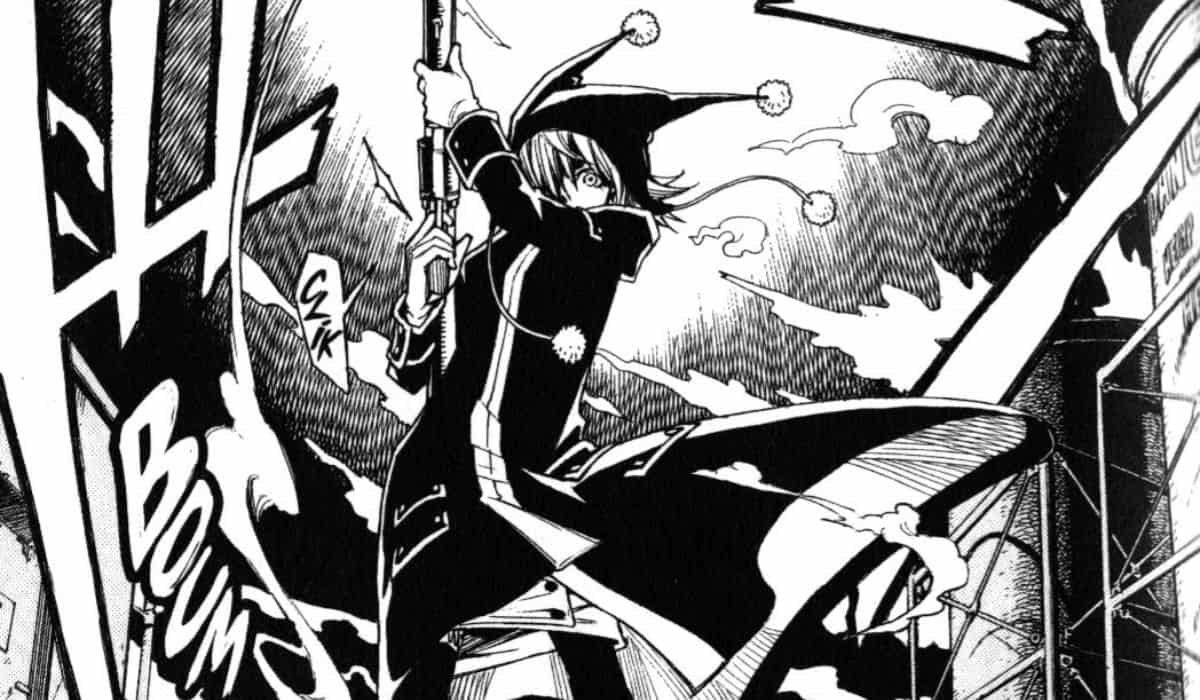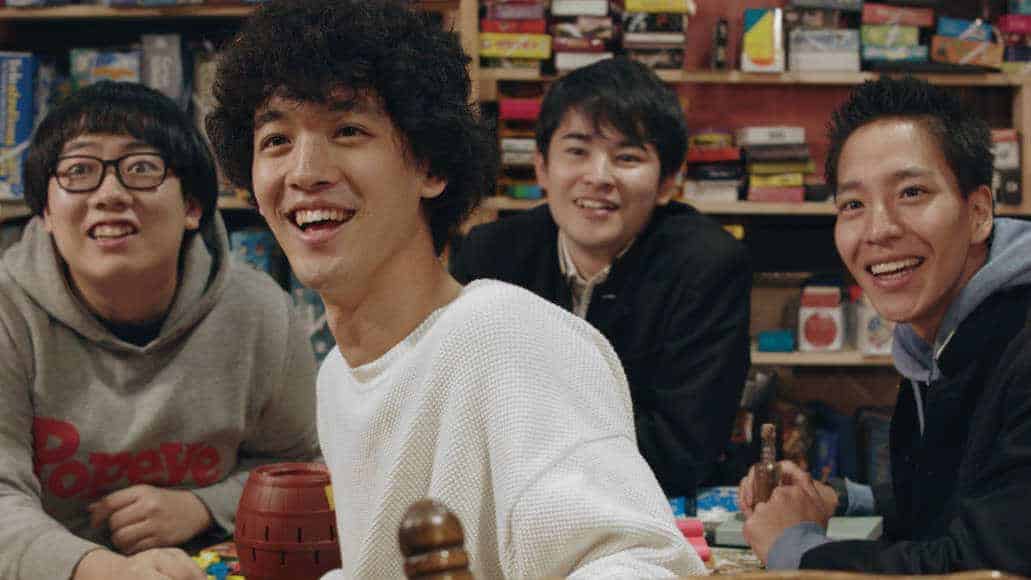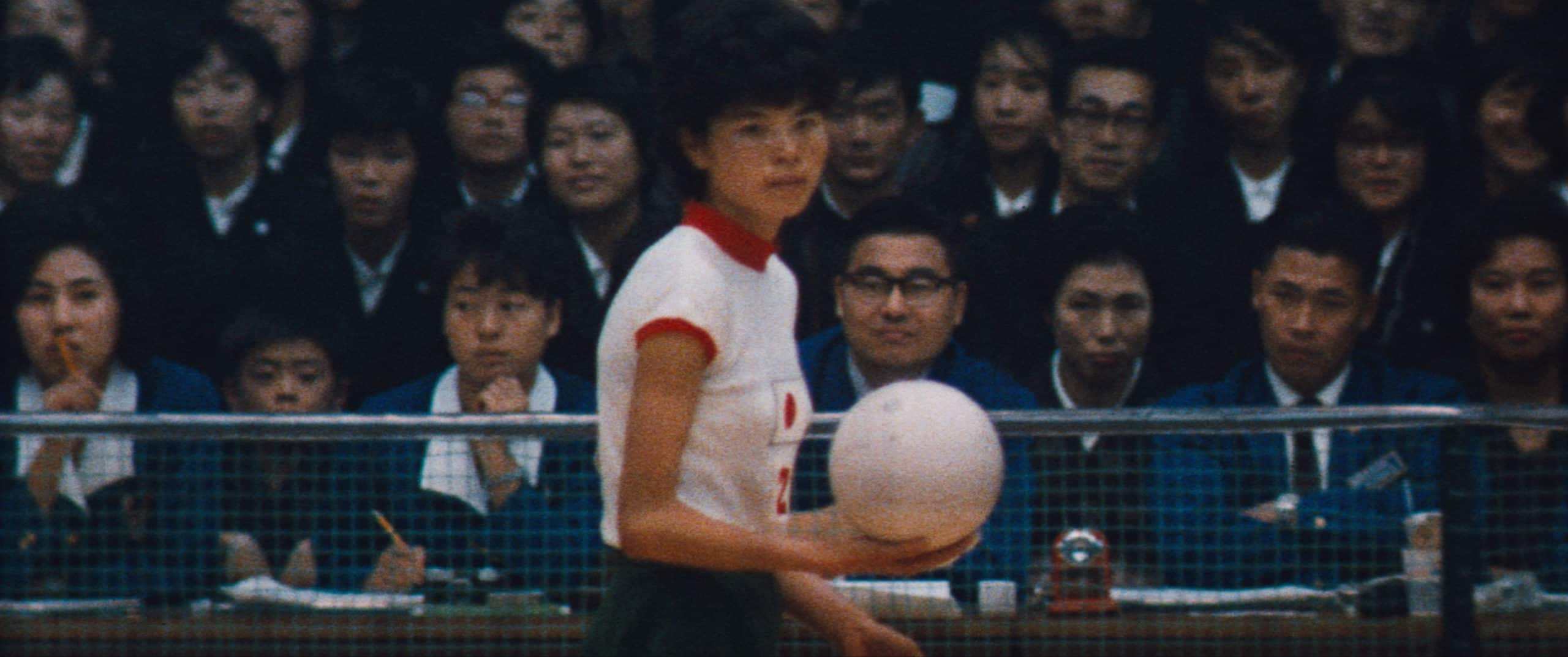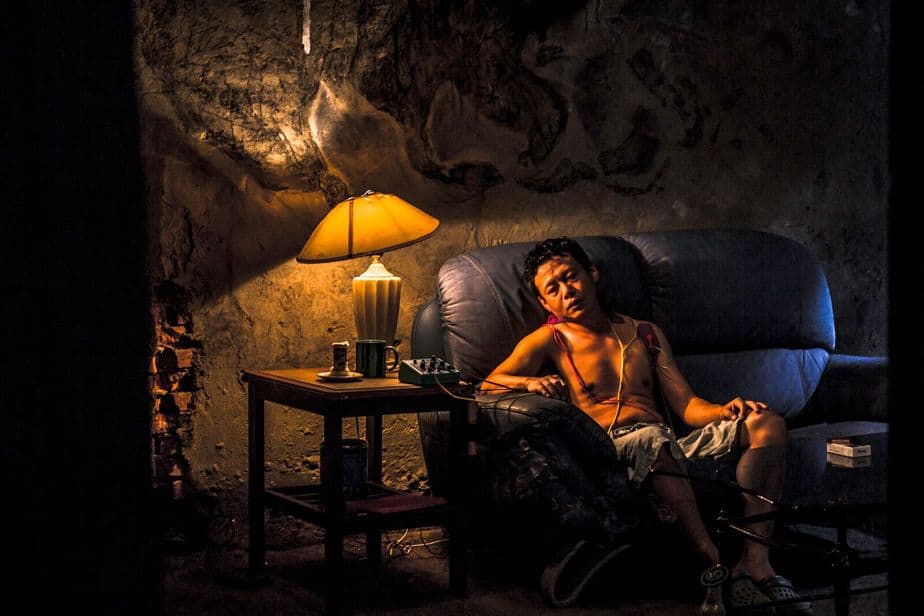Considering the crackdown on filmmakers (among other artists) the Iranian government has ‘indulged' into, it is by no surprise that a number of filmmakers of the country have decided to deal with the subject. Farhad Delaram also does so in his feature debut, in a film that focuses on a director, though, that has not been overly successful (as Panahi and Rasoulof for example) nor has enjoyed the ‘benefit' of martyrdom from international press. His approach is quite interesting.
Achilles is screening at Museum of the Moving Image, as part of the First Look 2024 program
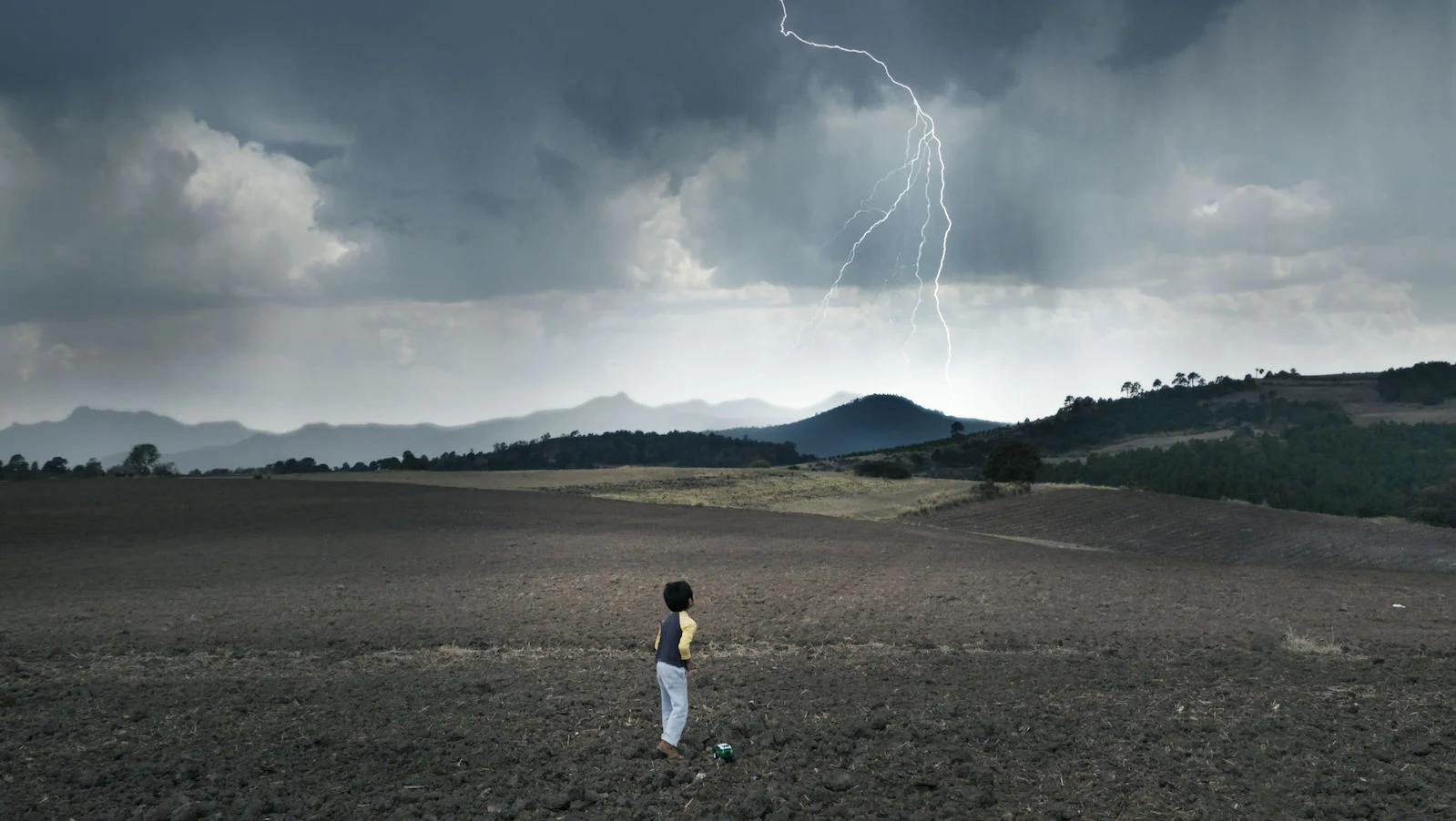
Having abandoned filmmaking, Farid has been forced to work nights as an unlicensed orthodontist in a clinic, with the help of his doctor friend, Masoud. In there he enjoys the anonymity he needs, which has also led him, though, to alienating his wife, and to a constant anger about his situation, which he frequently channels towards Masoud and in one case, towards his wife. However, when one night he is called in the psychiatric ward to help a woman who has broken her hand by banging on the walls, he meets Hedieh, an institutionalized prisoner who has been held captive for so long that she's begun to lose her grasp on reality. The two connect, with him eventually even indulging her will to stop the walls from talking, but their relationship is not exactly seen positively by the rest of the people in the hospital. On a whim, Farid decides to take Hedieh away, thus beginning a ‘road trip' that will eventually lead them away from Iran.
Check also this article
The movie begins in ideal fashion, with Delaram gradually introducing us to Farid, a man who appears rather unlikeable, only to explain his behavior as time passes, while making a distinct comment about suppression in Iran, which actually extends to even the ‘lower-level' artists. A comment about the issues with the health system can also be found here, but the actual focus is how the two “prisoners” come together, and how their connection leads them to an act of defiance against all kinds of authorities.
Up to that point, Delaram holds an excellent control of his narrative, with the concept of madness and how it can actually be instigated by suppression working quite well, additionally for the way Farid feels for Hedieh, considering that he could easily have been in her place. The road movie part, however, apart from being disconnected, also seems forced in the way the various episodes are presented. The issues with Farid's father, and particularly the ending of this arc (through the phone, in a rather un-cinematic approach) the music video sequence, the celebration and a number of other scenes seem to be there just as an effort to follow the rules of Panahi's (and his son's actually) cinema, without actually being organically implemented.
As such, the sense of measure of the first part is definitely lost, although Delaram manages to bring them all back together in the end, where the metaphor of his message regarding the walls the system places around people is quite impactful. In that regard, Sasan Khosniat's editing does not work particularly well either, both in the connection of the first with the second part and among the various episodes. On the other hand, the relatively fast pace implemented in the majority of the film suits the narrative nicely.
Mohammad Reza Jahanpanah's cinematography captures both the darkness of the first part and the light of the second with artistry, with the latter also offering a number of images of intense beauty, with the surrealistic one on the beach definitely standing out.
Mirsaeed Molavian as Farid highlights his disgruntlement and almost constant anger convincingly, as much as the way his interactions with Hedieh change him. Behdokht Valian as the latter is quite good too, in the way her madness turns to something completely different, while the chemistry of the two is excellent. Some dialogues seem rather artificial, but the actors do their best to deliver them realistically.
“Achilles” is definitely an important movie, regarding both the particular aspect of one of the most significant issues Iranian society is facing and the courage the cast and crew showed by shooting on location. At the same time, though, Delaram's inexperience in feature filmmaking does become evident, as the movie unfolds more like two different ones forcibly joined together than a compact one, with the first definitely being on a much higher level.


